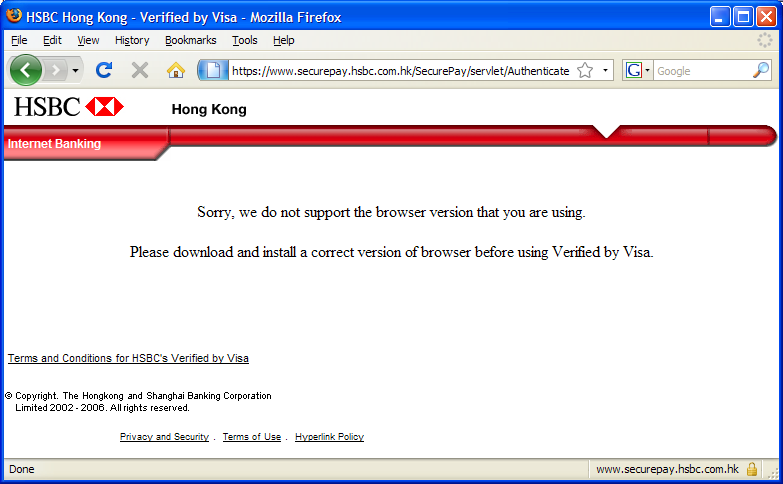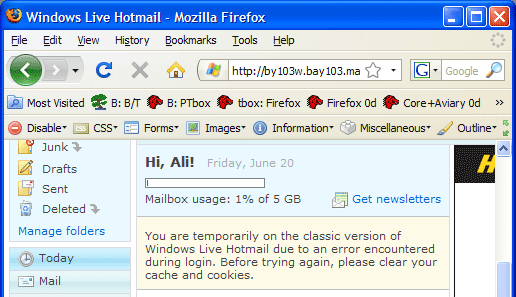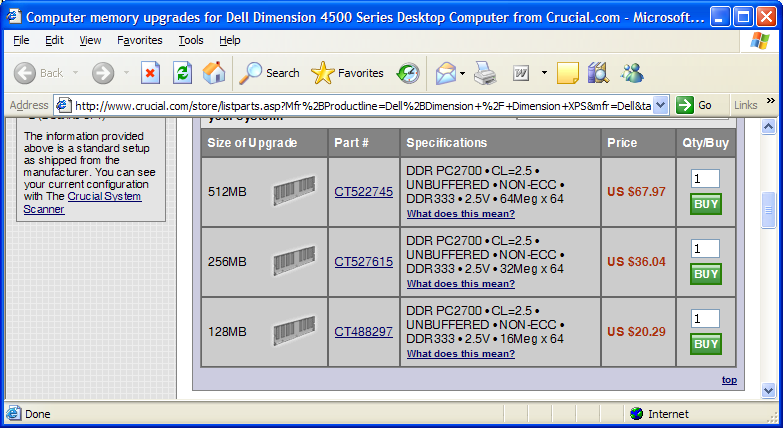A couple days ago I had mentioned that Lord Avebury had asked the UK Government about their usage of IE. The UK Government has now answered and I am reproducing the full text of the question and answer below:
Asked by Lord Avebury
To ask Her Majesty’s Government what discussions they have had with the governments of France and Germany about security risks of using Internet Explorer; and whether they will encourage public sector users to use another web browser. [HL1420]
The Parliamentary Under-Secretary of State, Home Office (Lord West of Spithead): UK government officials and subject matter experts are in regular contact with their counterparts in France, Germany and other countries on both a bilateral and multilateral basis to exchange technical information and opinions on many aspects of cyber security, including software vulnerabilities. For example, the UK’s Government Computer Emergency Response Team (GovCertUK) and Combined Security Incident Response Team (CSIRTUK) are members of the group of European Government CERTS (EGG), as are their French and German equivalents.
Complex software will always have vulnerabilities and motivated adversaries will always work to discover and take advantage of them. We take internet security very seriously and we have worked with Microsoft and other suppliers over many years to understand the security of the products used by HMG, including Internet Explorer. There is no evidence that moving from the latest fully patched versions of Internet Explorer to other browsers will make users more secure. Regular software patching and updating will help defend against the latest threats.
Microsoft issued a patch to fix the recent Internet Explorer vulnerability on 21 January. Prior to this, government departments had been issued with a GovCertUK alert on how to deal with this particular incident and to mitigate vulnerabilities in relation to particular versions of IE.
A government user, operating on government systems, such as the Government Secure Intranet (GSi), will benefit from additional security measures, unlikely to be available to the average home computer user. These include tools which actively monitor for evidence of any malicious attacks.
While the UK government contends that “there is no evidence that moving from the latest fully patched versions of Internet Explorer to other browsers will make users more secure”, there are many others who would disagree.
Also, although IE8 has significantly improved security models as compared to IE6 and IE7, there is still evidence that IE6 is being heavily used by UK government departments, including the armed forces. I think most people would agree that a “fully patched” IE6 is still relatively more vulnerable to attacks.



